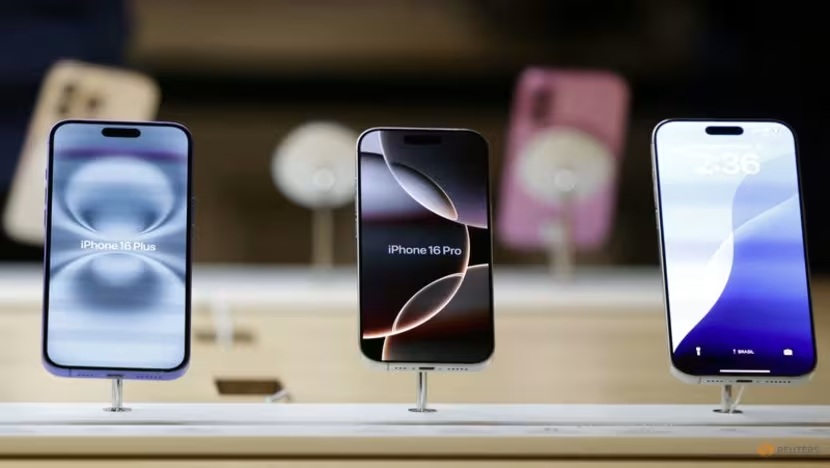Qualcomm is currently embroiled in a significant legal battle in the United Kingdom, facing a lawsuit exceeding £500 million (approximately $647 million) over allegations of unfair practices related to smartphone chip licensing fees and royalties. The case, brought forth by the consumer advocacy group Which?, accuses the U.S.-based chipmaker of abusing its dominant market position to overcharge Apple and Samsung, ultimately leading to inflated prices for consumers.
The Core Allegations
At the heart of the lawsuit lies the claim that Qualcomm imposed unfair and excessive royalty fees on smartphone manufacturers for its patented technology. Which? contends that Qualcomm leveraged its strong market position to enforce a "no license, no chips" policy, compelling manufacturers like Apple and Samsung to accept its terms to secure the supply of essential baseband processors. This policy allegedly required manufacturers to pay royalties even on devices that did not use Qualcomm's chips. The consumer group argues that these inflated costs were then passed down the supply chain, resulting in higher retail prices for consumers. Lawyers for Which? have described this practice as "an industry-wide private tax" that enriches Qualcomm while inflating the cost of devices.
Which? alleges that Qualcomm's practice of calculating royalties based on the total value of a handset, rather than the value of the specific components or intellectual property provided, constitutes an abuse of its dominant position. They further argue that Qualcomm's actions breached UK competition law by forcing companies into paying unfair royalties for essential technology.
Consumers Potentially Eligible for Compensation
The lawsuit covers Apple and Samsung smartphones sold in the UK between October 2015 and January 2024. Which? estimates that nearly 29 million UK consumers who purchased iPhones or Samsung devices during this period could be eligible for compensation if the lawsuit is successful. The average payout is estimated to be around £17 per device, potentially totaling approximately £480 million. Consumers do not need to take action to claim their share, as they are automatically included unless they opt out.
Qualcomm's Defense
Qualcomm has refuted the allegations, describing the case as having "no basis". The company maintains that its licensing model adheres to global industry standards for Standard Essential Patents (SEPs). Qualcomm argues that it requires manufacturers to obtain licenses for its patented technologies before purchasing chipsets, a practice it deems lawful and consistent with industry norms. Qualcomm's legal team has also asserted that Apple and Samsung possess substantial negotiating leverage. The company's lawyers reject the suggestion that Qualcomm could demand certain royalties from Apple and Samsung, who "can and do exert enormous buyer power".
The Legal Process and Potential Implications
The trial, which commenced at the Competition Appeal Tribunal in London on October 6, 2025, is expected to last for five weeks. The initial phase of the trial will focus on determining whether Qualcomm held a dominant position and abused that power through its licensing deals. If the tribunal rules in favor of Which?, a second phase will be required to calculate the exact amount of compensation due to consumers.
The outcome of this trial could have significant implications for the telecommunications patent licensing landscape. It could set a precedent for how component costs are passed through the technology supply chain and scrutinize the licensing models that underpin it. A victory for Which? could encourage more lawsuits targeting patent licensors in technology-heavy industries.
Past Legal Challenges
It's worth noting that Qualcomm has faced similar legal challenges in the past. A similar consumer lawsuit against Qualcomm in California, which challenged the company's patent licensing and exclusive-dealing chip agreements with Apple and other manufacturers, was dismissed in 2023. In addition, Qualcomm finalized a $75 million investor settlement in the U.S. over similar anticompetitive allegations.



















